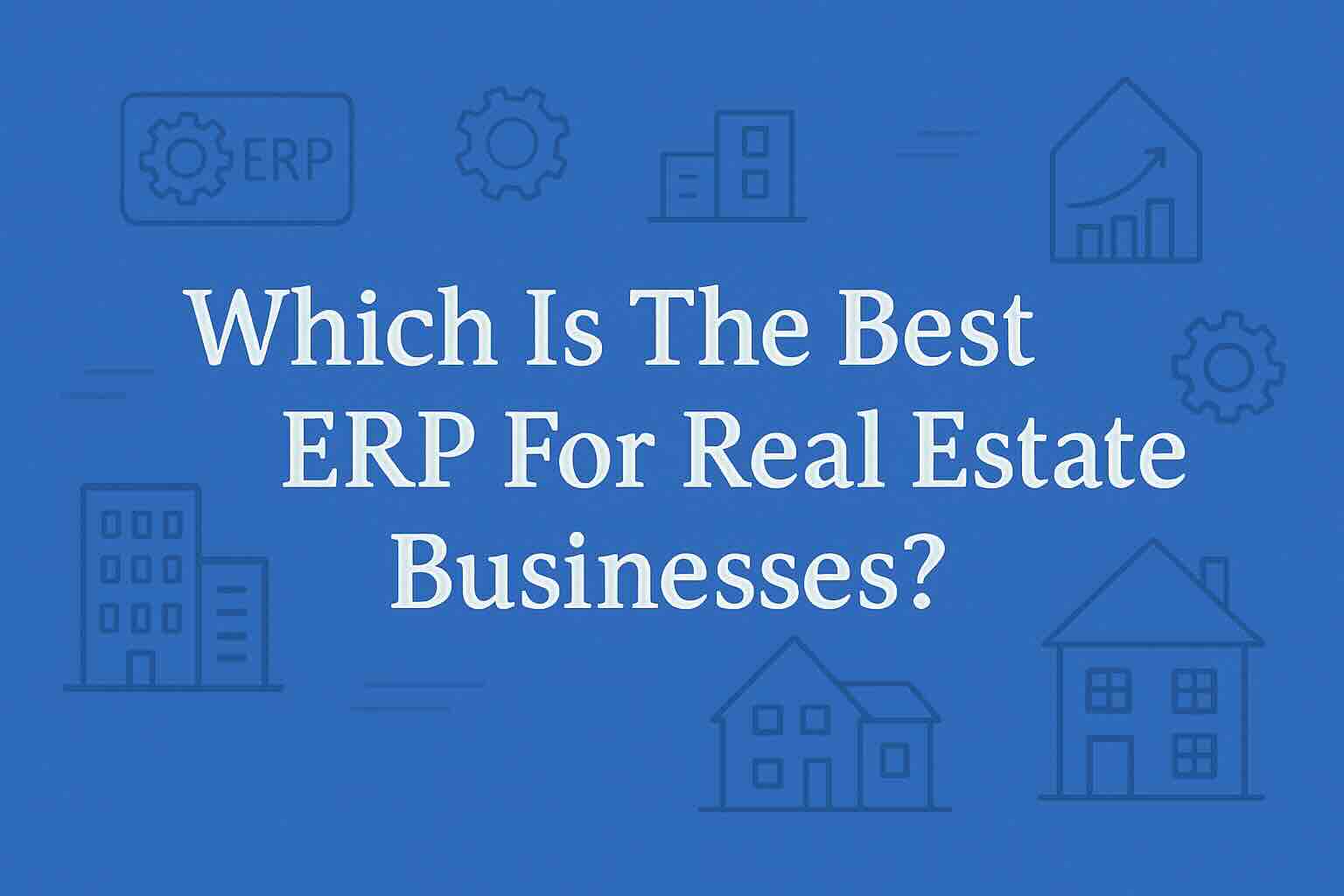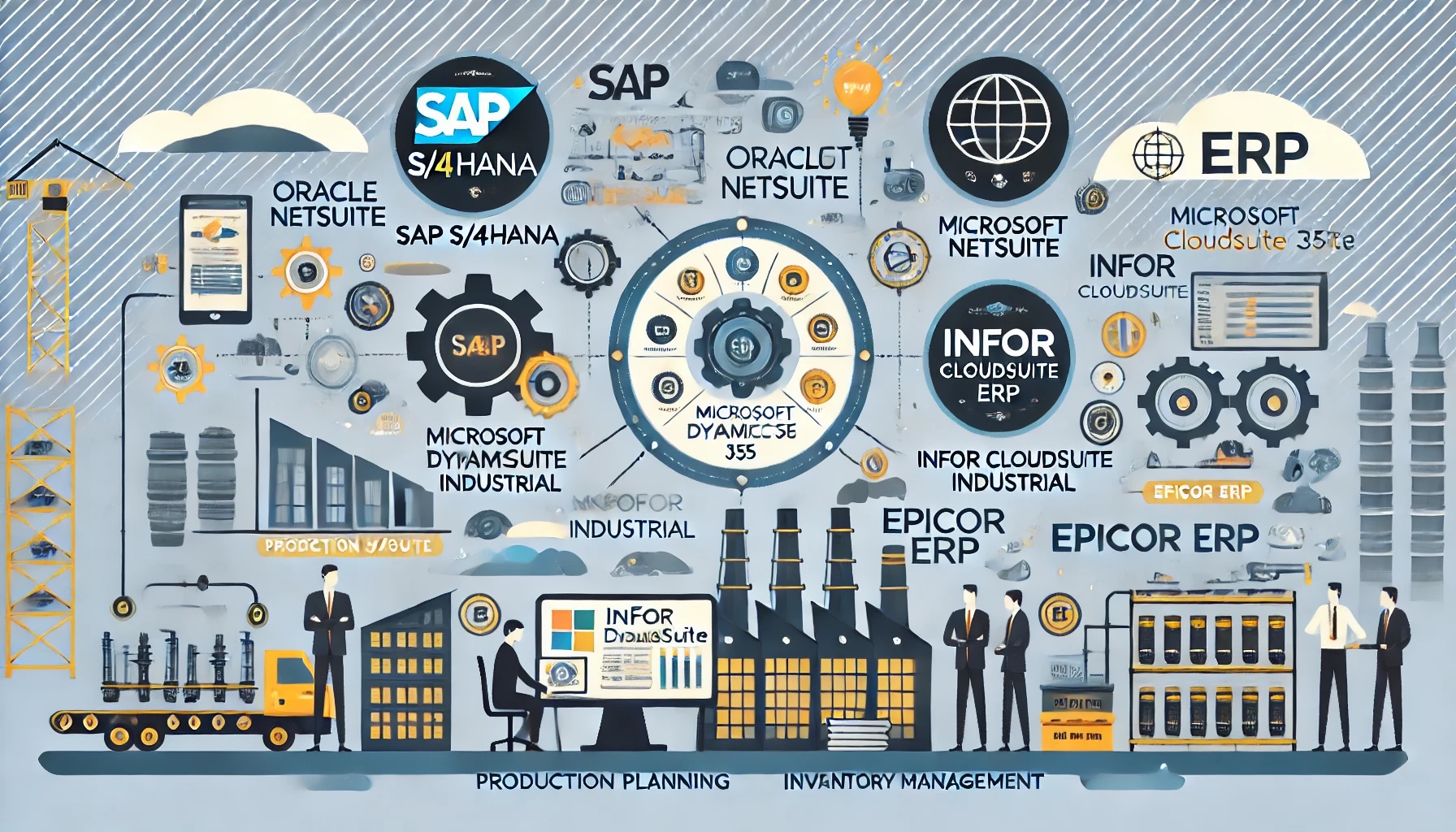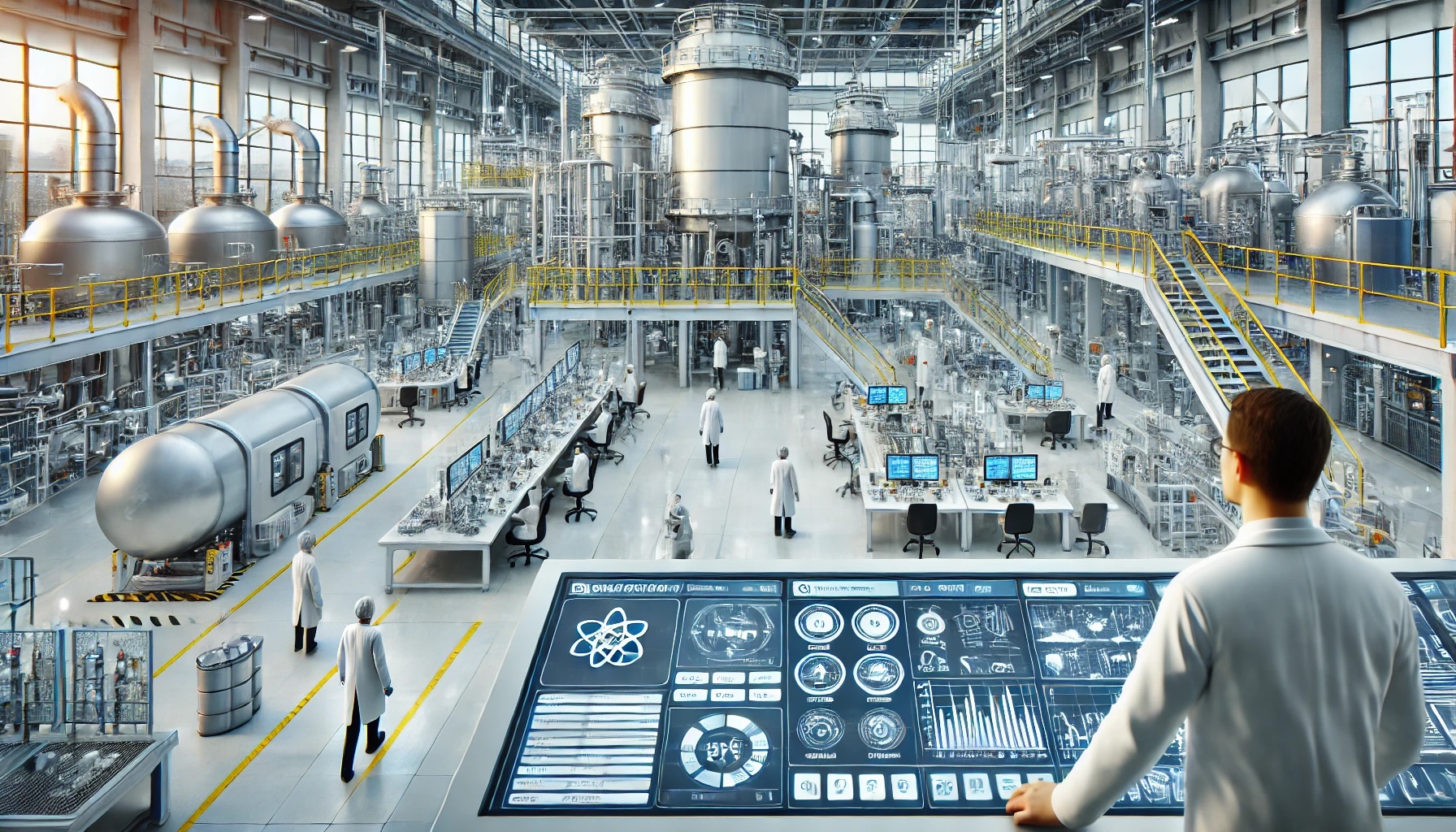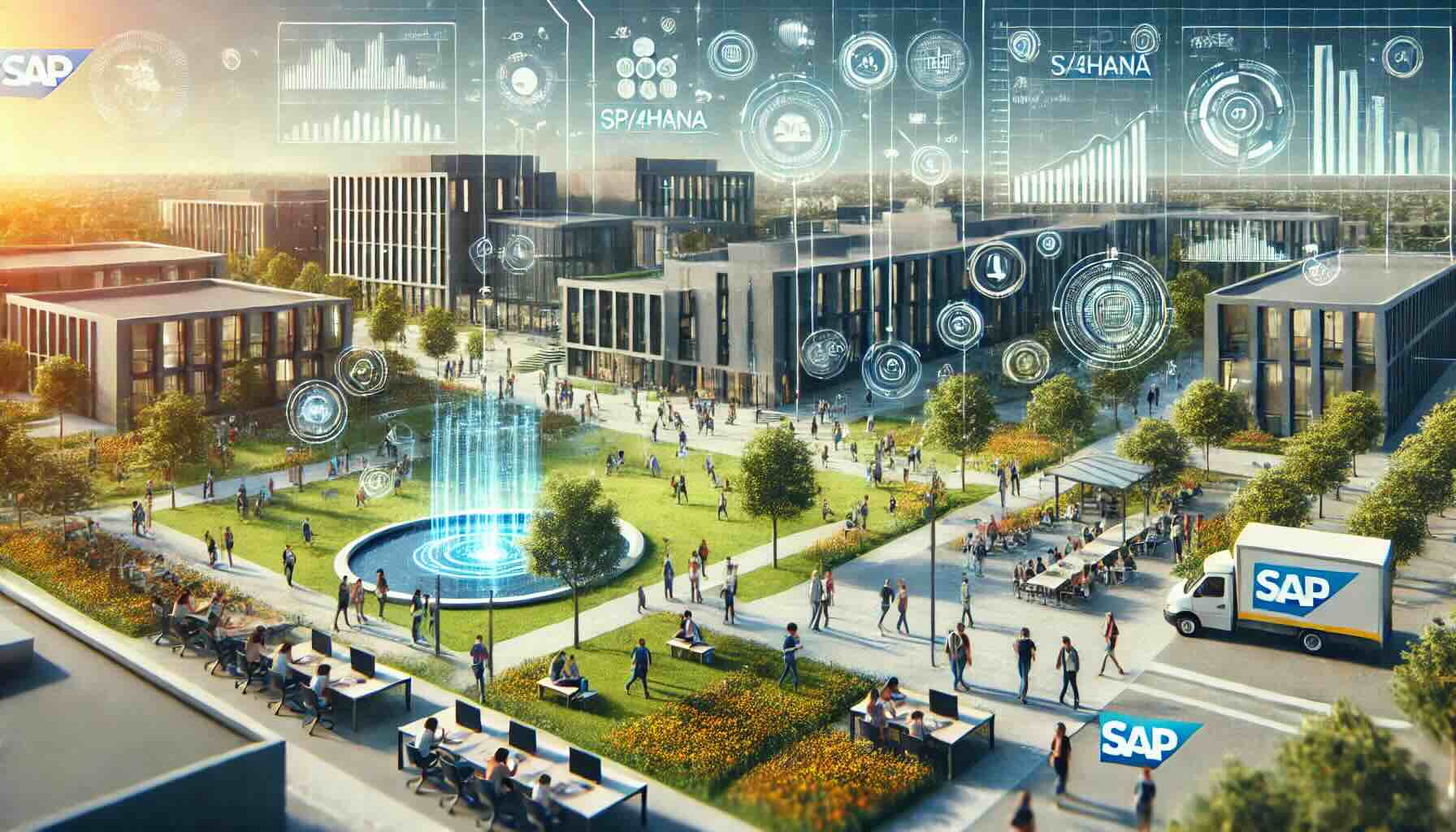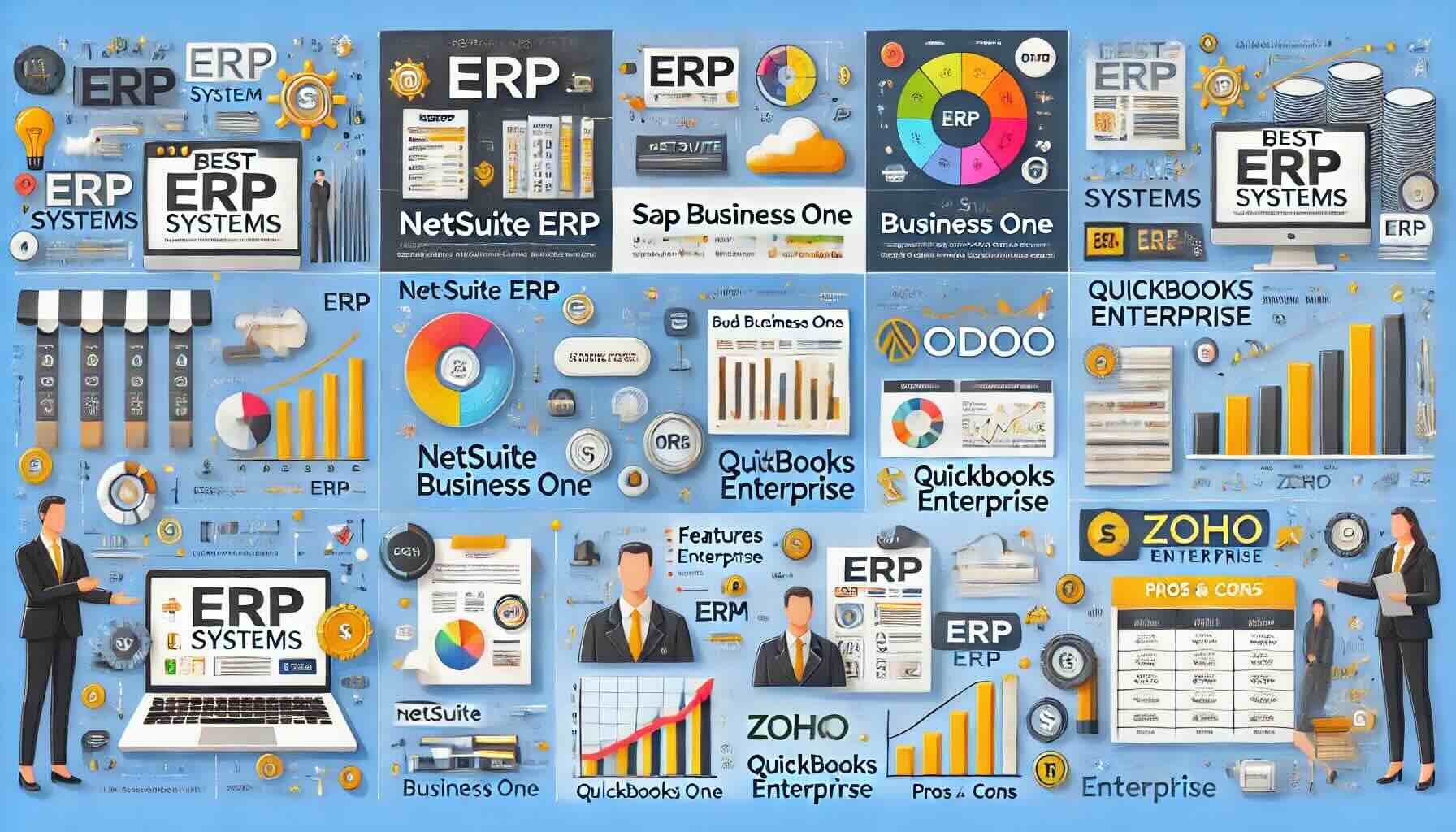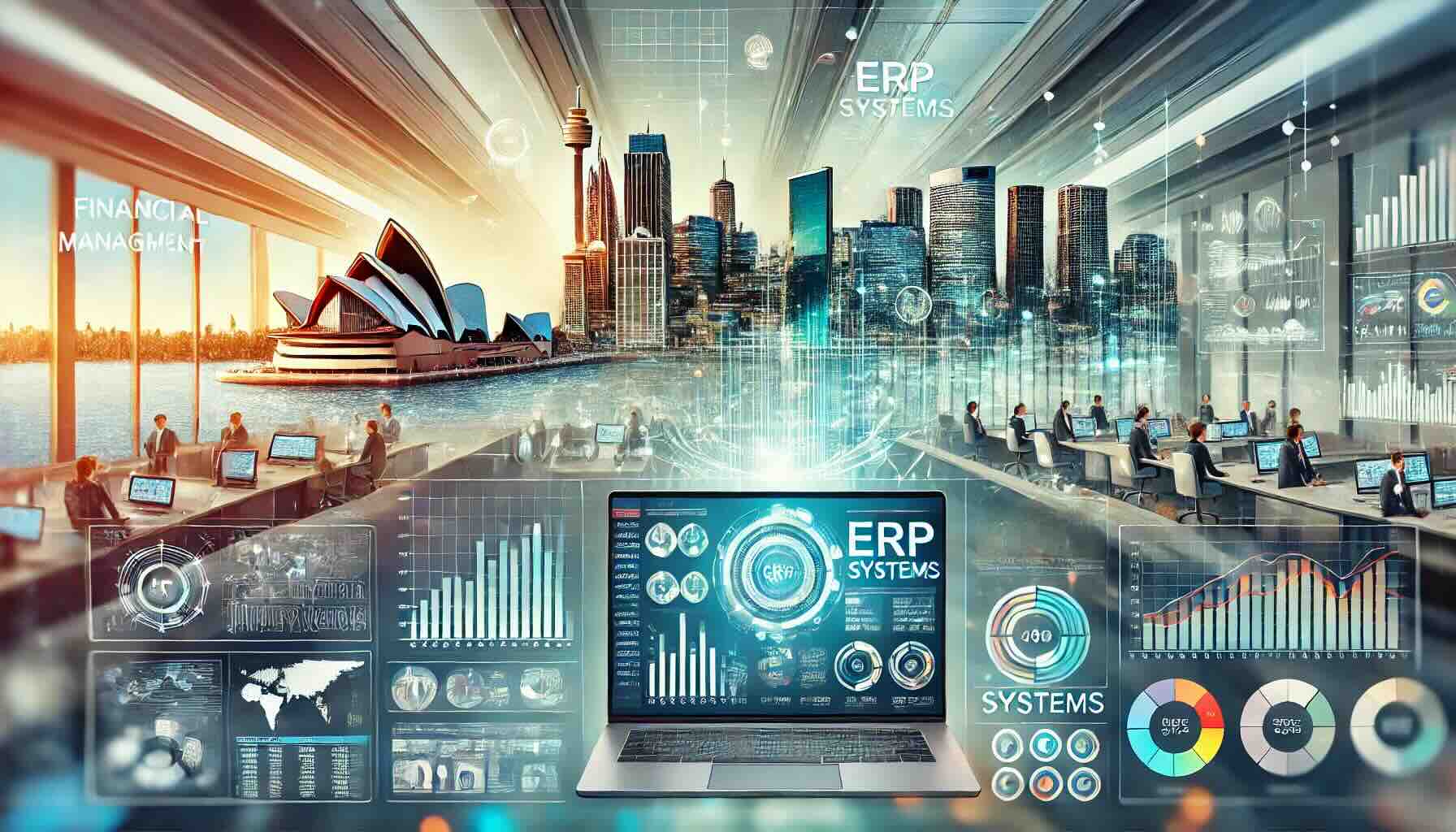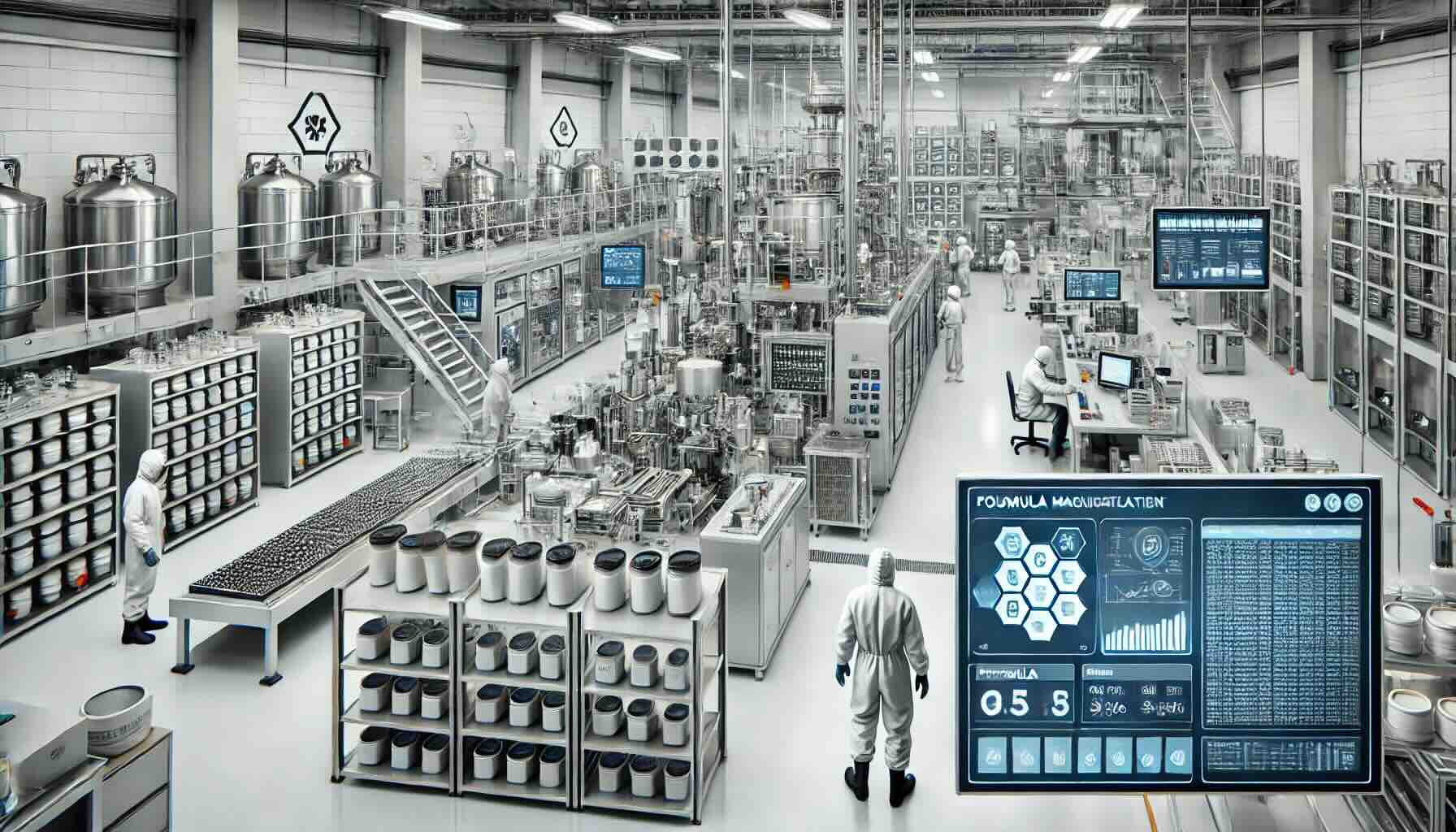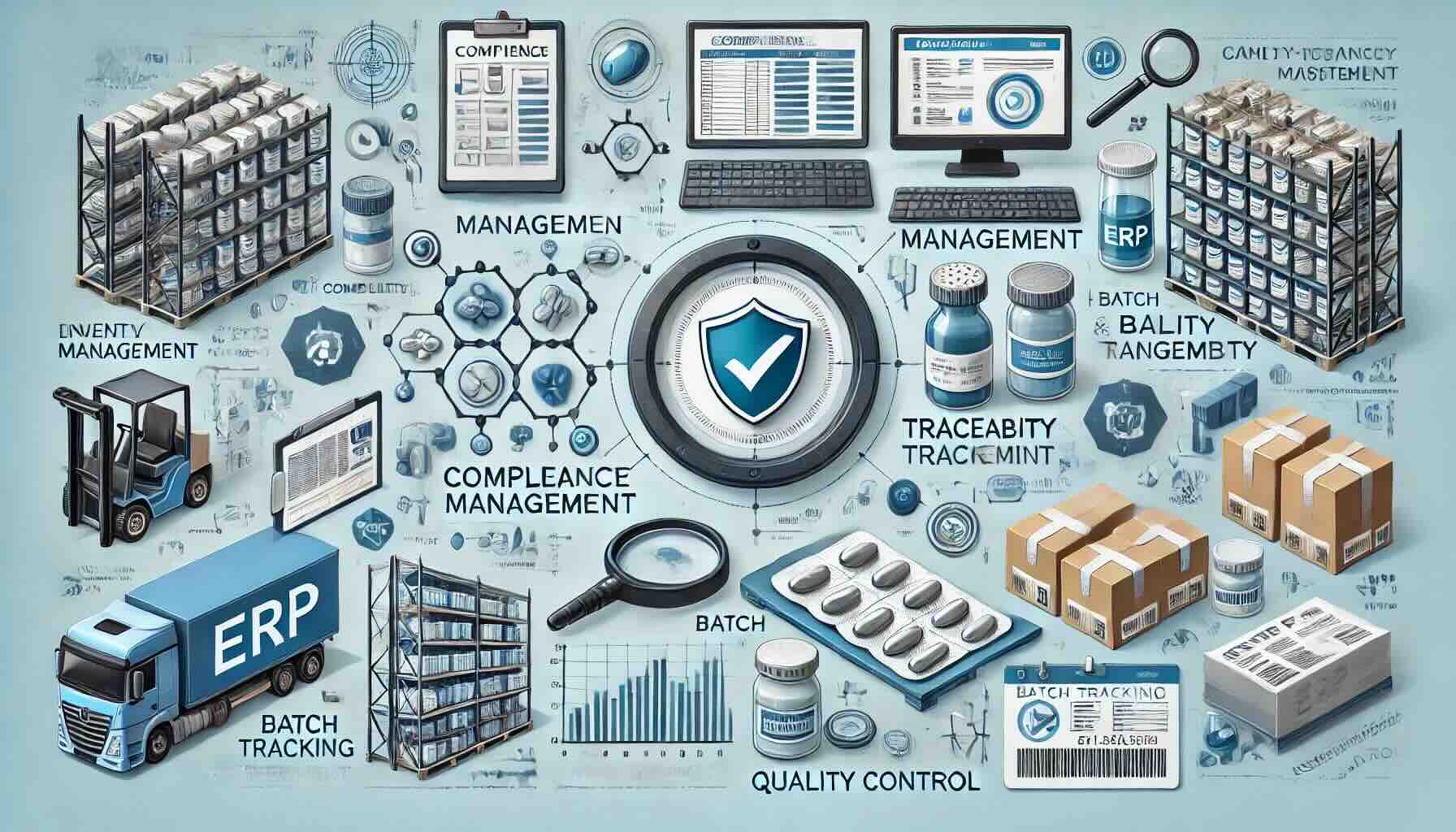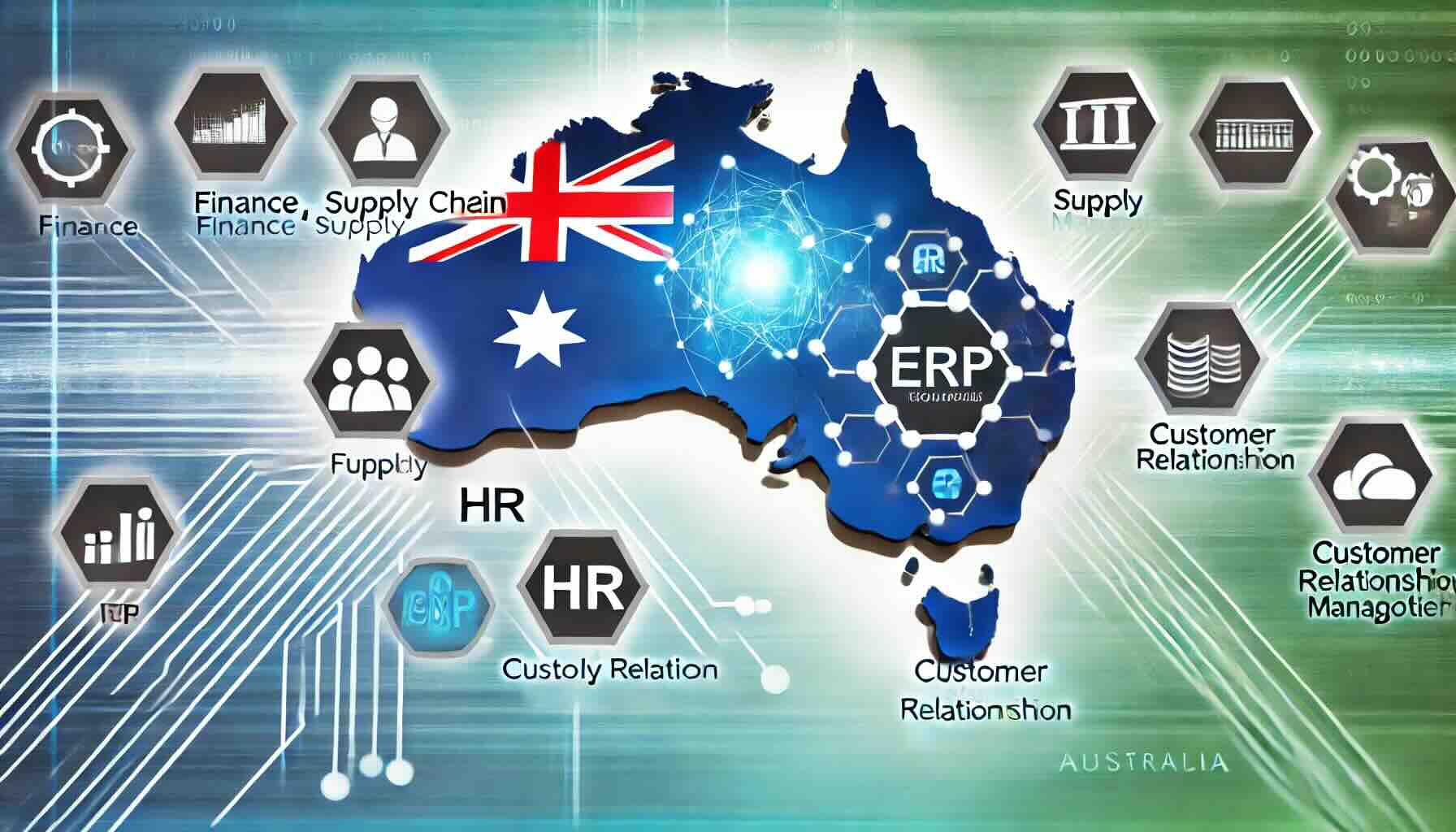What is ERP? A Comprehensive Guide to Enterprise Resource Planning
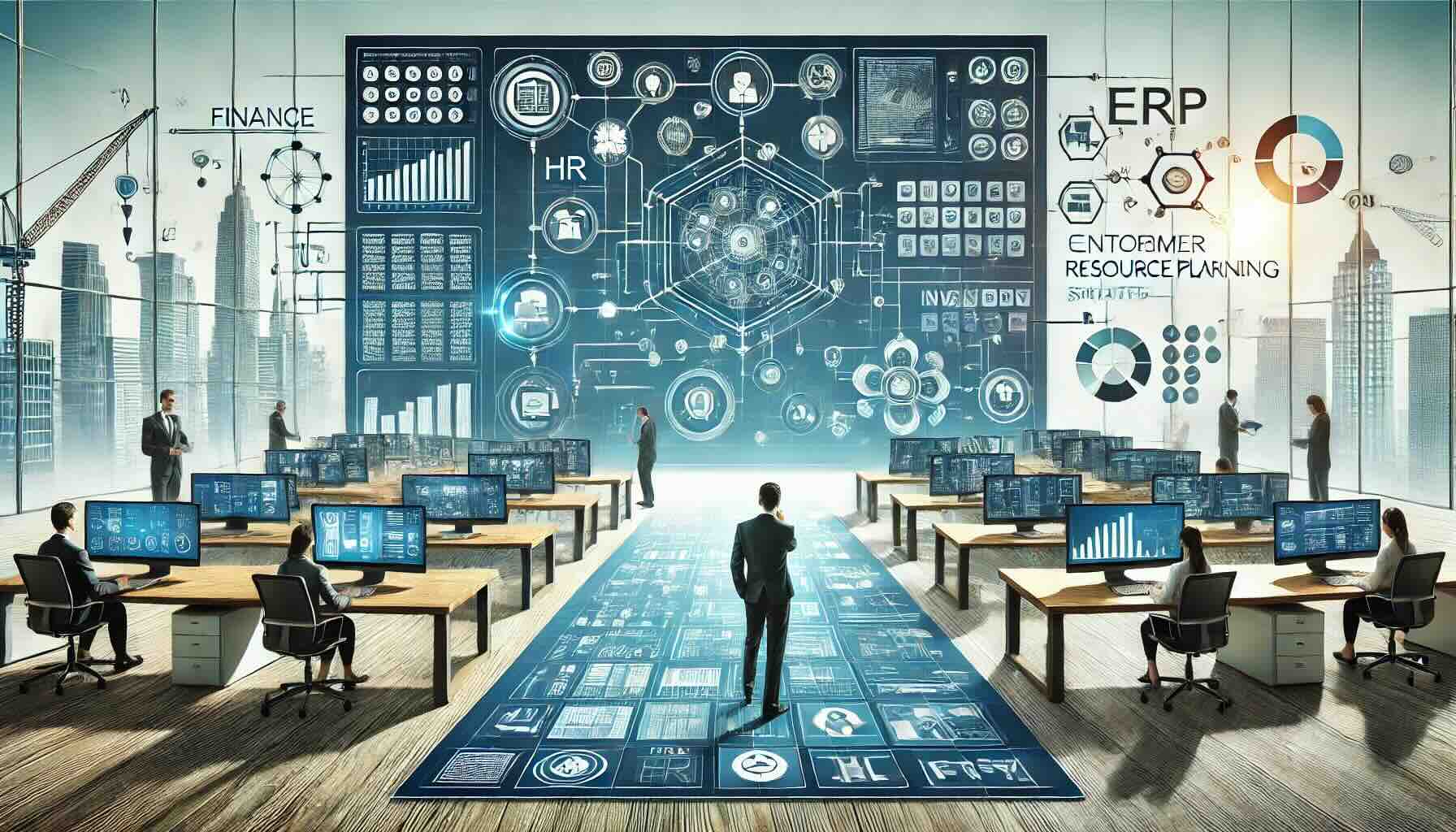
Enterprise Resource Planning (ERP) is a software solution that helps organizations manage and streamline their essential business processes by integrating various functions into a unified system. While ERP systems have been around since the 1960s, they’ve evolved significantly, becoming more powerful and accessible, making them essential for organizations of all sizes across industries. This guide will help you understand what ERP is, how it works, its benefits, and why it’s important for modern businesses.
Understanding ERP: The Basics
ERP stands for Enterprise Resource Planning, which is a type of software system designed to help organizations manage day-to-day business activities. These activities can include finance, accounting, procurement, project management, supply chain operations, and human resources. By integrating these various functions, ERP systems create a centralized database that provides accurate and real-time data across departments, making it easier for managers and executives to make informed decisions.
For instance, a retail company using an ERP system can manage inventory, track orders, streamline customer interactions, and keep a real-time overview of finances, all within a single platform. This centralization improves data accuracy, speeds up processes, and reduces the likelihood of errors caused by data silos.
Key Components of an ERP System
ERP systems are typically modular, meaning they consist of various applications or “modules” tailored to different business functions. Common ERP modules include:
- Finance and Accounting: Tracks income, expenses, assets, and liabilities, ensuring accurate financial reporting and compliance.
- Human Resources (HR): Manages employee data, payroll, benefits, and recruitment.
- Manufacturing: Oversees production planning, quality control, and inventory management.
- Supply Chain Management (SCM): Tracks procurement, order processing, and logistics.
- Inventory Management: Maintains optimal inventory levels, enabling efficient stock control and reducing waste.
- Customer Relationship Management (CRM): Manages customer data, sales, and service, helping to improve customer satisfaction and loyalty.
Organizations can choose modules based on their needs, customizing the ERP to fit their unique processes. A business that doesn’t require manufacturing management, for example, can opt out of that module to focus only on the parts that are relevant.
How Does an ERP System Work?
ERP systems work by creating a centralized database where all departmental data is stored. This centralized structure allows information to flow seamlessly across departments, giving everyone access to accurate, up-to-date information. Here’s a closer look at how it works in practice:
- Data Entry and Integration: Each module in the ERP system is designed to capture data related to its function. For example, when a sale is made, the information is logged in the sales and finance modules, updating inventory levels and financial forecasts automatically.
- Real-Time Processing: Most ERP systems operate in real-time, meaning data is immediately processed and reflected across all relevant modules. This is particularly useful for managers who need to make quick, informed decisions.
- Reporting and Analytics: ERP systems often include robust reporting and analytics tools, allowing organizations to track performance, identify trends, and generate reports on-demand. By analyzing the data stored in the ERP, companies can make strategic improvements based on real insights.
- Automation: ERP automates repetitive processes, such as payroll and billing, freeing up employees to focus on more strategic tasks and improving efficiency across the board.
Benefits of ERP Systems
ERP systems offer a multitude of benefits to businesses of all sizes, including:
- Improved Efficiency: By centralizing and automating business processes, ERP systems reduce the need for manual data entry and eliminate duplicate tasks, making operations faster and more efficient.
- Enhanced Data Accuracy: With a single source of truth, ERP systems minimize data errors and redundancies. This accuracy is crucial for businesses that rely on data-driven decision-making.
- Better Collaboration: ERP systems enable departments to communicate seamlessly, fostering a collaborative environment where everyone has access to the same data.
- Scalability: ERP systems are designed to grow with your business. Whether you’re adding new users, modules, or locations, ERP software can adapt to meet changing needs without disrupting operations.
- Cost Savings: Although ERP systems require an initial investment, they often lead to cost savings in the long term by reducing waste, optimizing inventory, and automating routine tasks.
- Regulatory Compliance: Many ERP systems come with built-in tools to help organizations comply with regulations in their industry, from financial reporting to data privacy.
Types of ERP Systems
There are different types of ERP systems, each suited to various business needs and sizes:
- On-Premises ERP: This type of ERP is installed locally on an organization’s own servers and infrastructure. While it offers high levels of customization and control, it requires significant IT resources and maintenance.
- Cloud-Based ERP: Cloud ERP is hosted on the vendor’s servers and accessed via the internet. This type is becoming increasingly popular due to its affordability, scalability, and ease of use. Cloud ERPs are also easier to update, with the vendor handling the technical aspects.
- Hybrid ERP: A hybrid ERP system combines elements of both on-premises and cloud-based systems, allowing organizations to keep sensitive data on-premises while enjoying the flexibility of the cloud.
Why is ERP Important for Modern Businesses?
In today’s fast-paced business environment, companies need to be agile and data-driven. ERP systems provide the structure needed to keep up with rapid changes and growing complexity. Here’s why ERP is particularly critical:
- Improved Customer Satisfaction: With access to accurate customer data, companies can improve their service quality and response times, fostering loyalty and retention.
- Enhanced Productivity: ERP automates many routine tasks, allowing employees to focus on more strategic initiatives.
- Informed Decision-Making: Real-time data access means that decision-makers can base their actions on current, comprehensive information, rather than outdated or incomplete reports.
- Competitive Edge: An ERP system enables companies to operate efficiently and respond quickly to changes, giving them a competitive edge in their industry.
Choosing the Right ERP System
Selecting the right ERP system for your organization depends on your industry, budget, and specific business requirements. It’s essential to choose an ERP that offers the modules and features you need and to evaluate factors like scalability, user-friendliness, and vendor support.
Working with an ERP vendor or consultant can help you assess your needs and identify the best solution. The right ERP system should align with your business goals, streamline your processes, and provide the flexibility to grow with your organization.
Conclusion
ERP is a vital tool for organizations seeking to improve efficiency, streamline operations, and remain competitive. By providing a centralized system to manage various business functions, ERP systems empower companies to operate more effectively, making it a worthwhile investment for businesses looking to scale and succeed in a rapidly evolving market.
To compare 100’s of ERP solutions, you can use our new AI-powered Compare ERP tool. It’s free to use and you get a guaranteed discount on your first year’s licence fees with a referral from Compare ERP.
